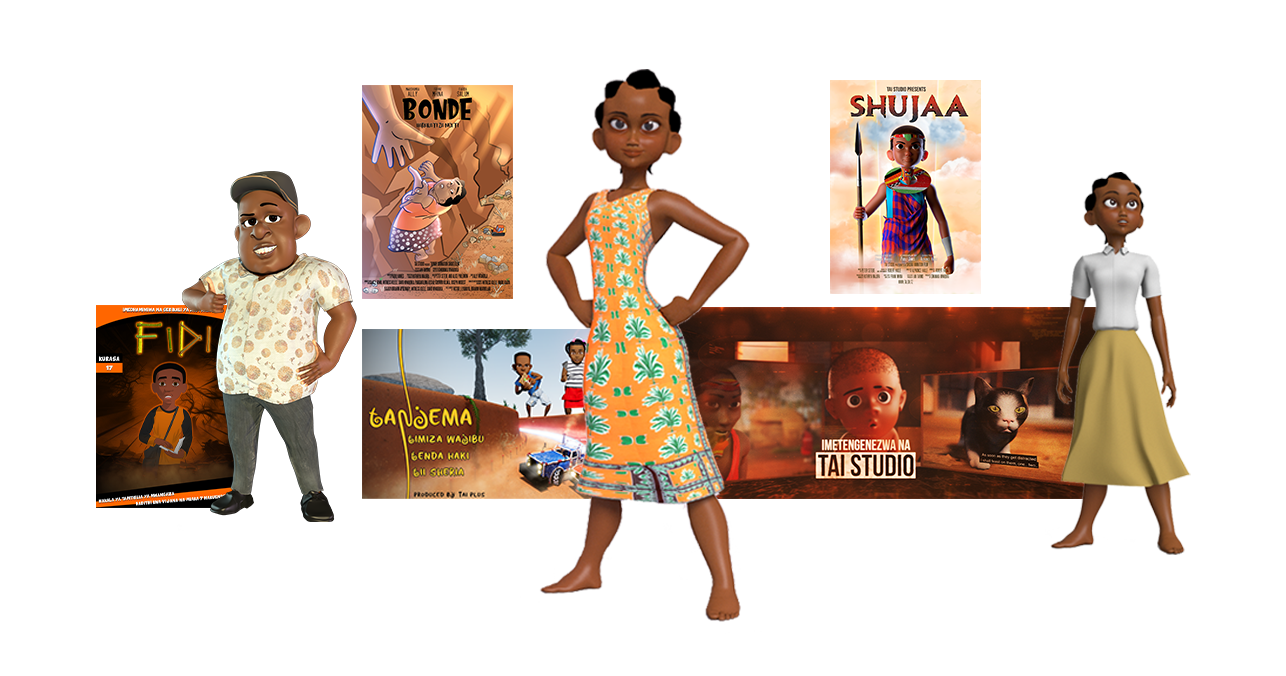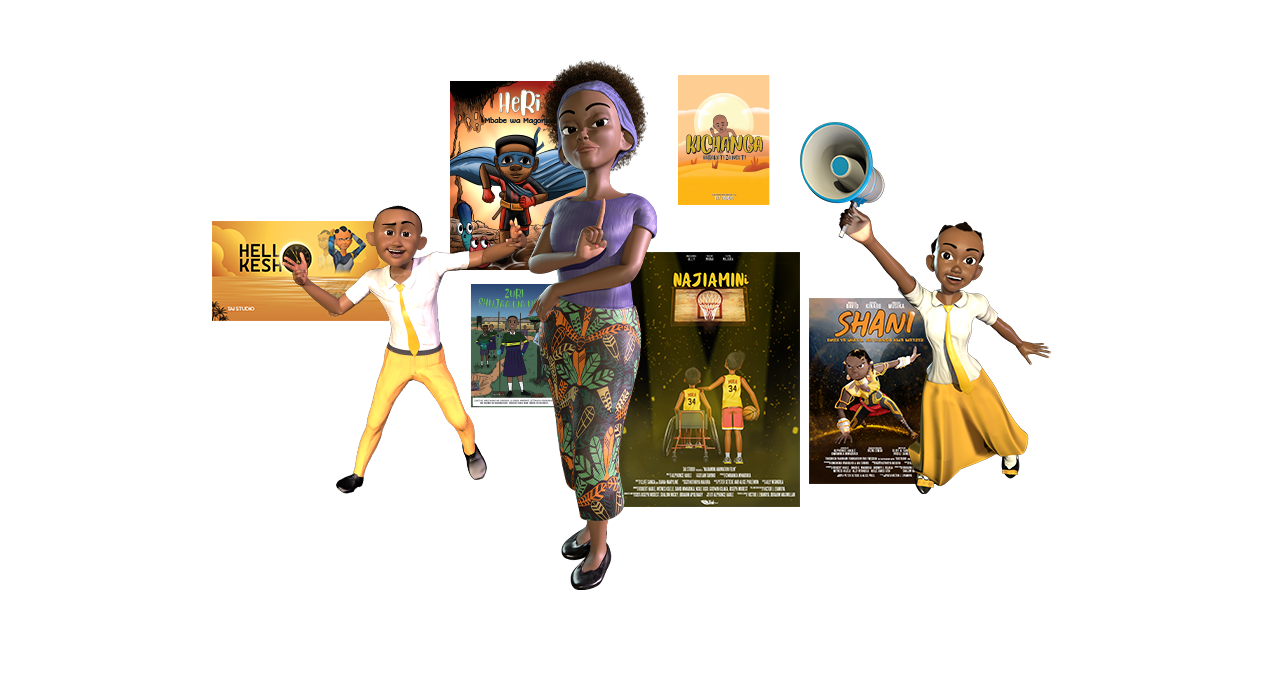Inclusive Society
Program Impact & Output
4.7K
Adoloscents & Youths Engagement
4.91M
Young people reached through traditional media
22
School Reached
194
Educators, Parents & Guardians
The Inclusive Society Program tackles the challenges faced by people with disabilities in the community. It addresses discriminatory practices and harmful taboos, advocating for equal opportunities for everyone, regardless of appearance or circumstances. By equipping individuals with disabilities and involving community leaders through education, partnerships, and targeted efforts, the program works to remove barriers and promote fairness. Strong community involvement and collaboration ensure lasting change, creating healthier, more inclusive, and just communities. Supporting this program helps build a future where fairness and inclusion are genuinely embraced.
Problem:
The Inclusive Society Program addresses the challenges faced by people with disabilities in Tanzania, where 11% of the population lives with a physical or developmental disability. Nearly 80% of these individuals struggle to access education, secure employment, and participate in community life. Negative attitudes and inadequate infrastructure further marginalize them. Aligned with SDGs 4, 8, 10, 11, and 17, the program seeks to dismantle these barriers by advocating for equal opportunities, challenging harmful stereotypes, and fostering a society where everyone can fully participate.
Intervention:
Our strategy emphasizes lasting impact by using Social and Behavior Change Communication (SBCC) to promote inclusion. We focus on empowering local leaders and educators, providing them with the necessary tools and knowledge to foster inclusive environments. Our interventions are designed to be scalable and adaptable, ensuring effectiveness across various contexts.
We begin with in-depth research and stakeholder engagement, utilizing a Human-Centered Design (HCD) approach to craft our strategies. We create compelling edutainment content, including 3D animations and radio stories, to raise awareness and encourage inclusive actions. This content is disseminated through both traditional and digital platforms, bolstered by strategic partnerships.
Community involvement is at the heart of our approach. We facilitate dialogues, host debates, and collaborate with organizations to inspire youth-led initiatives that promote inclusion. By prioritizing community-driven solutions, we advance equity and inclusivity. Ongoing monitoring and evaluation ensure our interventions remain effective and drive meaningful change toward a more inclusive society.
Project 1: Pamoja project
The Pamoja Project is committed to improving the lives and rights of people with disabilities in Tanzania, where about 11% of the population faces challenges such as vision impairment, physical disabilities, albinism, hearing loss, and autism. The project uses creative tools like 3D animations, comic books, and audio stories to educate and inform both youth and the general public about the realities faced by individuals with disabilities. By leveraging both traditional and digital media, the project reaches a wide audience. Engaging the community through open dialogue is essential for changing attitudes and building support for a more inclusive society.
Project 2: Soaring scholarships
Problem Statement:
In Tanzania, poverty significantly impacts educational attainment, particularly in secondary schools, where dropout rates remain alarmingly high. According to the Tanzania Education and Training Policy, about 30% of students drop out of secondary school, with financial constraints being a leading cause. The 2019/2020 Tanzania Demographic and Health Survey highlights that only 30% of children from the poorest households complete secondary education, compared to 82% from the wealthiest households. This disparity underscores the critical influence of socio-economic status on educational access.
Many families facing financial hardship are compelled to withdraw their children from school to prioritize basic needs or to have them contribute to household income. This cycle of poverty not only limits educational opportunities but also hinders economic mobility and perpetuates generational poverty. Addressing the barriers that prevent children from continuing their education is essential for achieving Sustainable Development Goal 4, which calls for inclusive and equitable quality education for all. Without targeted interventions, the aspiration for secondary education remains unattainable for many children in Tanzania.

